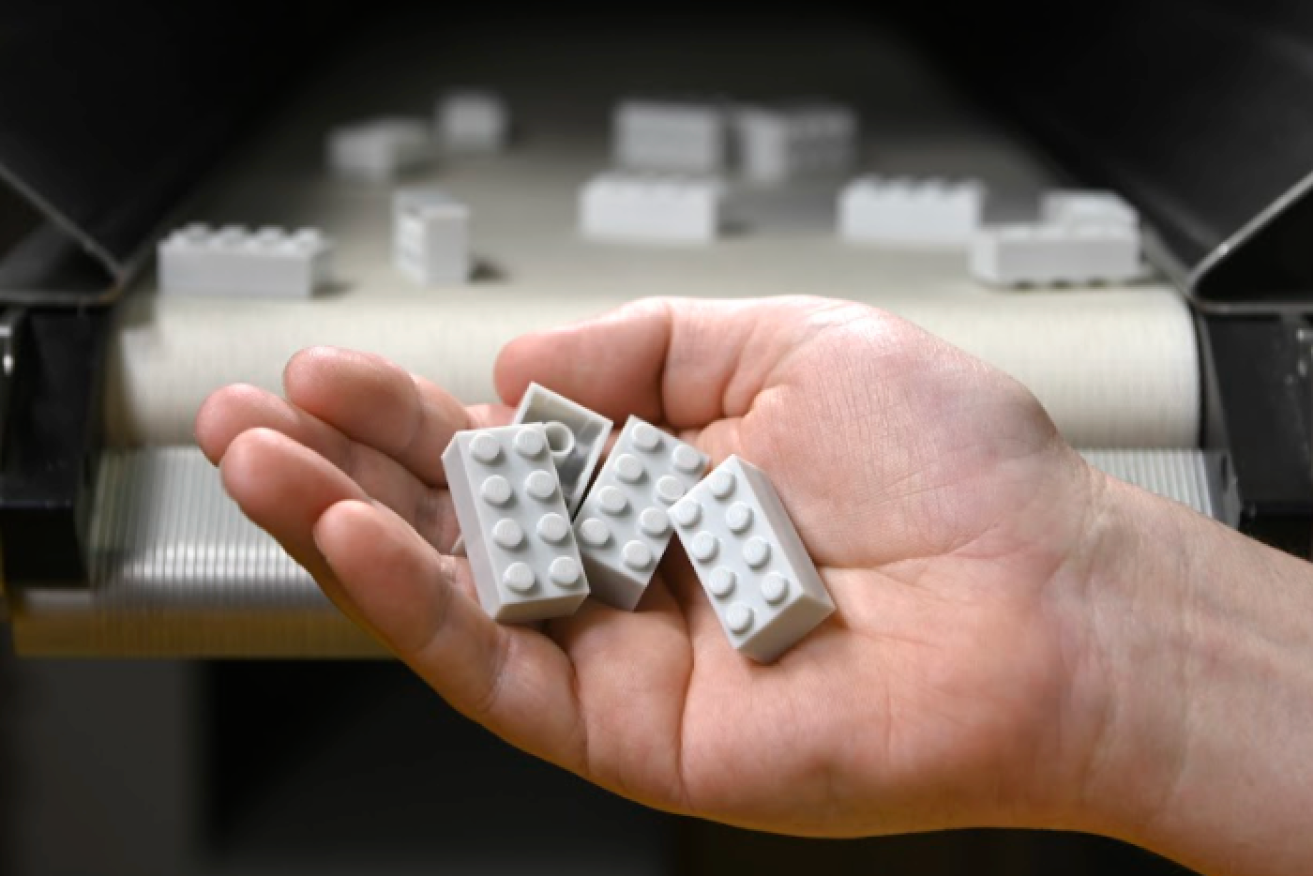World shifts towards a ‘circular economy’ as Lego flags recycled plastic bricks


Lego says using recycled plastic in its bricks created higher emissions than the current material. Photo: Lego
An eight-year-old fan’s wish came true this week when iconic toy manufacturer Lego unveiled its latest product: Bricks made from recycled plastic bottles.
It makes Lego among the latest companies to begin a transition to a circular economy model, which bases itself on repurposing discarded products, rather than sending them straight to landfill.
As part of the announcement, Lego shared a letter it received from a young fan, who asked the company to “just make a small difference by not using crinkly plastic to wrap your Lego bricks in” and consider making its bricks from recycled plastic.
“I still love Lego so much but I don’t want it to harm our environment,” the letter said.
Although the bricks won’t be available to play with (or step on) for about two years, the announcement came as welcome news to circular economy expert Riyadh Al-Ameri.
The Deakin University professor said he was confident the prototype – which will be made from PET plastic – would enable the company to transition to a successful and sustainable circular economy model.
Lego blocks are currently made from ‘virgin’ or non-recycled plastic, which is made from crude oil, to manufacture its popular toy range which includes about 3500 different items.

A Lego fan wrote to the company begging it to become more sustainable. Photo: Lego
The move comes as the world grapples with an enormous plastic waste problem.
Worldwide, only an estimated 9 per cent of plastics are recycled, a figure that rises to 18 per cent in Australia.
This means the vast majority of plastics end up in landfill, the environment, air and water.
In 2019, a Canadian study revealed that humans could be ingesting 74,000 bits of plastics annually.
The sustainable circular economy model
The global economy operates on a ‘linear’ consumption model, which results in enormous amounts of waste.
But the idea of a sustainable ‘circular economy’ is gaining traction.
A circular economy ‘closes the loop’ from production to consumption, and ensures broken and used items don’t end up in landfill.
Instead, spent products are repurposed, improved upon, and turned into new things.

Recycling is only one aspect of a sustainable circular economy, Dr Al-Ameri explained.
“It’s a model of production and consumption which involves sharing, reusing, recycling, repurposing and recovering resources” as well as “improving the properties” of the materials to make more durable products, he said.
The sustainable circular model is “the clear future” of manufacturing, he said.
Big brands’ plastic promises
Food, beverage and consumer goods manufacturers are being forced to reckon with the havoc plastic packaging has had on the environment.
Big-name global brands are among the worst culprits when it comes to plastic waste.
A landmark report by the Minderoo Foundation this year found that just 20 companies are responsible for more than half of the single-use plastic items thrown away.
But a growing number of plastic polluters are promising to change their ways.
In 2019, multinational giant Unilever committed to curbing its plastic pollution, announcing it would halve the use of virgin plastic in its products by 2025.
Nestlé has committed to making “100 per cent of its packaging recyclable or reusable by 2025, with a particular focus on avoiding plastic waste”.
Supermarkets including Aldi, Woolworths and Coles have also committed to sustainability measures, signing up to a pact that would see the elimination of plastic waste from supply chains in Australia by 2025.








